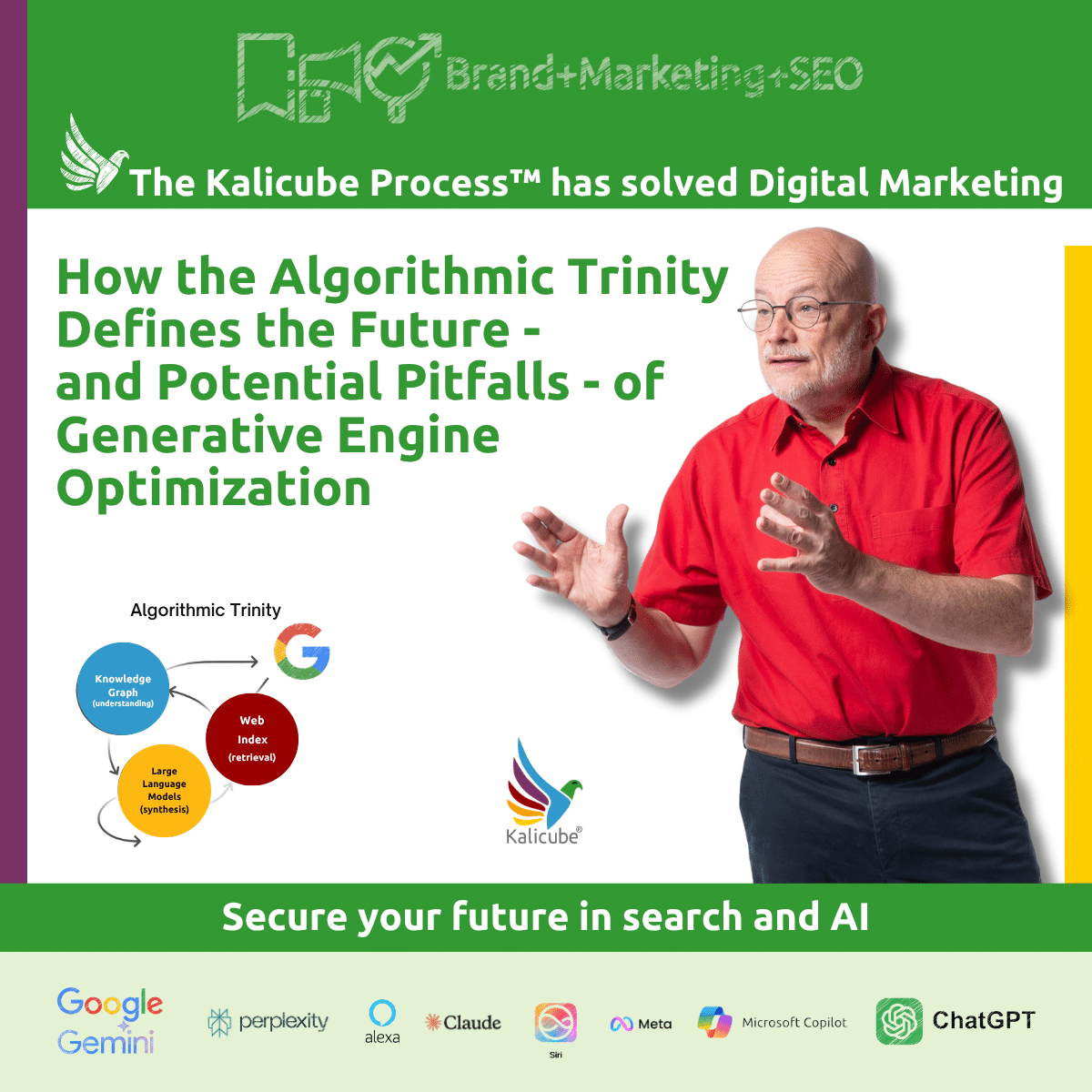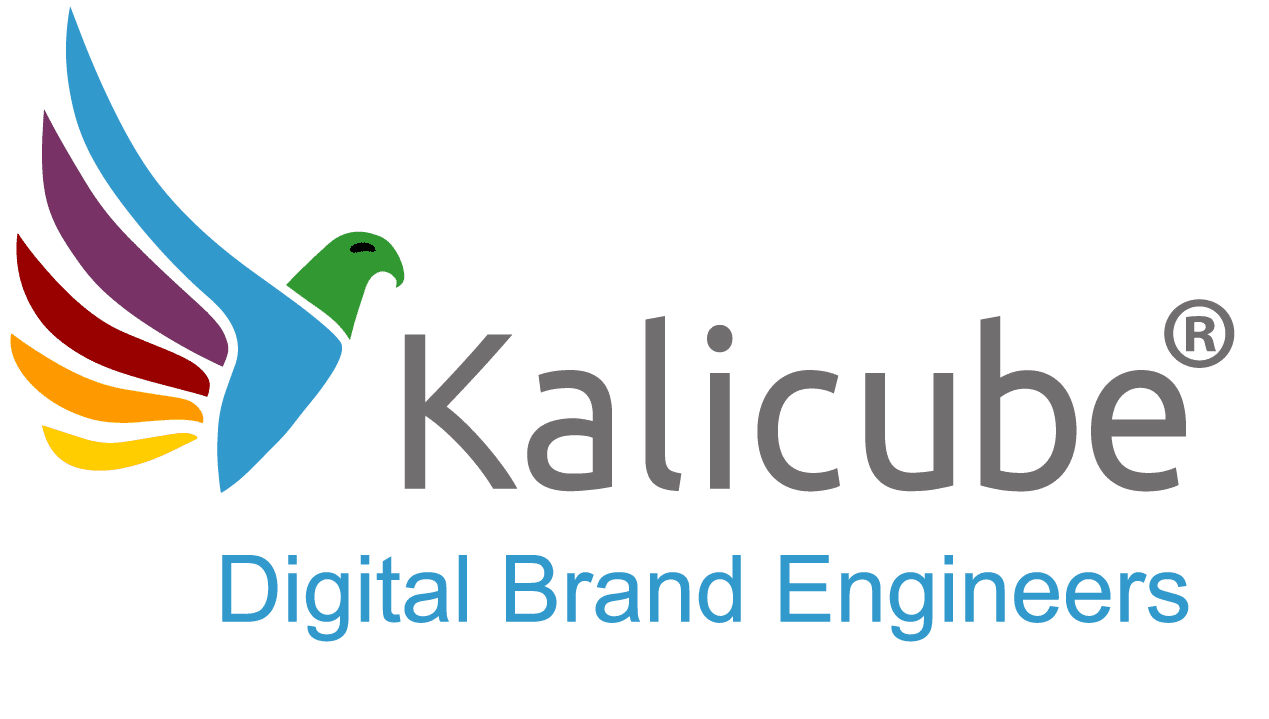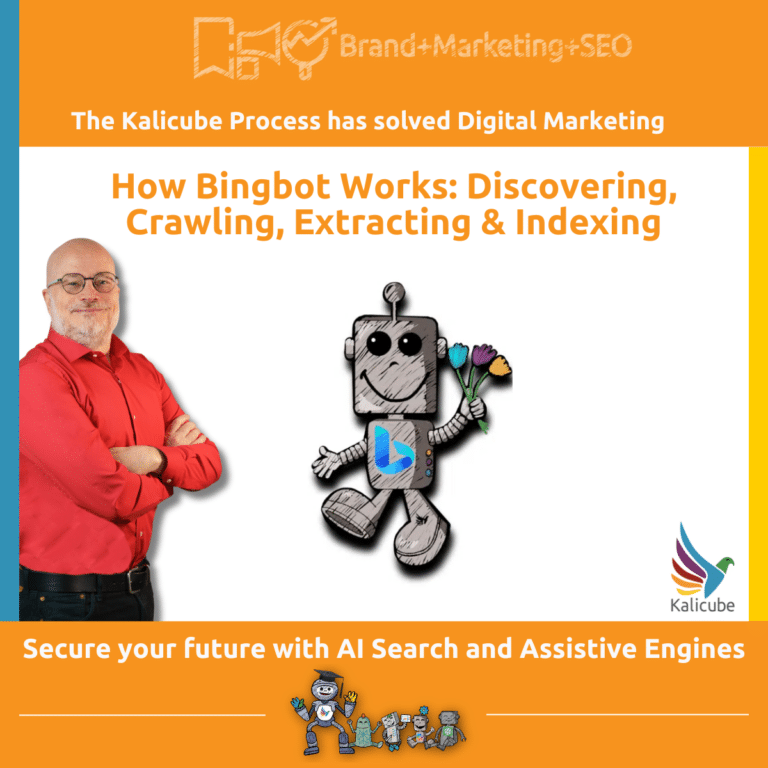How the Algorithmic Trinity Defines the Future - and Potential Pitfalls - of Generative Engine Optimization

Within the Algorithmic Trinity, there is a foundational interplay between the Knowledge Graph (understanding), Large Language Models (synthesis), and the traditional Search Engines (retrieval). These three pillars govern how AI-driven engines - such as ChatGPT, Google’s Gemini, Bing’s CoPilot, and Perplexity - interpret and present information about brands and individuals. Yet, while their collective influence grows, the Search Engines, once the cornerstone of digital visibility, is losing its primacy.
The Declining Importance of Search
Knowledge Graphs provide factual accuracy and structured data, offering AI a verifiable foundation. Large Language Models (LLMs), on the other hand, excel at interpreting and synthesizing this information into conversational interactions, utilizing their internal knowledge - data assimilated during their extensive initial training. Critically, these LLMs increasingly rely on this internal knowledge, consulting external web indices only when confronted with real-time or highly specific queries for information they don’t already possess.
This emerging trend spells a seismic shift: as the internal repositories of LLMs expand and their understanding of foundational information solidifies, their reliance on search retrieval diminishes significantly. Rather than continuously verifying through web searches, AI engines are turning inward, trusting their pre-existing knowledge to answer user queries comprehensively and quickly.
The Risk of AI Resistance to Knowledge Updates
While this shift promises faster, more fluid interactions, it also carries substantial risks. Once an LLM is confident in its understanding of certain facts or narratives, altering that understanding becomes extraordinarily challenging. AI systems, like humans, become resistant to updating their beliefs if they perceive their existing knowledge as sufficiently complete and accurate. This resistance creates serious vulnerabilities: misinformation, outdated narratives, or incomplete perspectives become deeply embedded, continuously reinforced by the AI’s repeated use.
Be afraid. Be very afraid.
Why Brands Must Fear Entrenched AI Misperceptions
For businesses and individuals, this shift means the stakes have never been higher. If AI engines form incorrect or unfavorable opinions about you or your brand, reversing these misconceptions becomes increasingly difficult. Because AI engines feel no compelling need to regularly revisit or reassess their “foundational knowledge,” inaccuracies can persist indefinitely, quietly undermining your credibility, reputation, and opportunities without your knowledge.
Imagine a scenario: a single incorrect data point, captured early by an LLM and integrated into the Knowledge Graph, could define your brand for years, influencing AI responses, recommendations, and user interactions. With the diminishing role of regular web retrieval, correcting this error via conventional SEO practices or web content updates becomes alarmingly ineffective.
Proactive Digital Management: Essential for Brand Protection
The implications of this AI-driven entrenchment demand urgent action. Controlling, shaping, and continuously reinforcing your digital footprint is now an essential defensive and strategic necessity. The Kalicube Process®, built specifically for this new reality, ensures that your brand identity is clear, consistently corroborated, and unequivocally understood by the Algorithmic Trinity.
This approach leverages structured, machine-readable content that proactively educates AI engines, fortifies your presence within Knowledge Graphs, and ensures accurate synthesis by LLMs. Without such proactive intervention, brands risk becoming hostage to outdated or erroneous algorithmic knowledge.
You need to act. Now. Secure Your Brand’s AI-driven Future
The future of search and discovery lies in the hands of the Algorithmic Trinity, increasingly independent of simple search. Brands that delay taking proactive steps to control their digital narrative will quickly find themselves unable to rectify damaging misconceptions, condemned to algorithmic irrelevance.
Act now - before the algorithms write your brand’s story for you, permanently.





